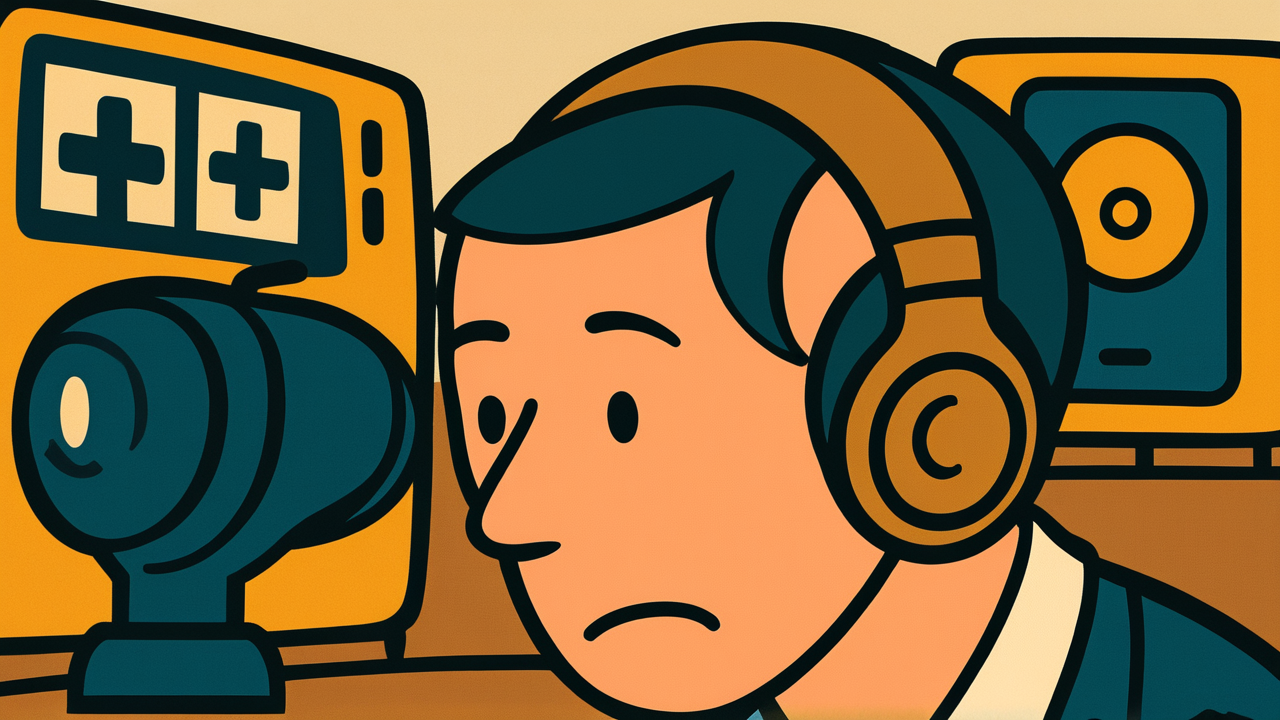How to Read “耳聞は目見に如かず”
Jibun wa mokuken ni shikazu
Meaning of “耳聞は目見に如かず”
“Ear hearing does not equal eye seeing” means that seeing something directly with your own eyes is more reliable and valuable than hearing about it from others.
This phrase expresses the difference between indirect information and direct experience. No matter how detailed an explanation you hear, it cannot match actually confirming something with your own eyes. Information heard through others can be distorted by the subjectivity of the person conveying it or the vagueness of their memory, but what you see for yourself becomes the most reliable source of information.
This proverb is used when you want to emphasize the importance of verifying things yourself rather than relying on rumors or hearsay. It’s also used when conveying the importance of judging with your own eyes rather than being swayed by others’ evaluations or opinions. Even today, as a fundamental attitude for discerning truth in an information-saturated world, this teaching remains extremely valuable.
Origin and Etymology
“Ear hearing does not equal eye seeing” is a phrase that originates from Chinese classics. This expression directly incorporates the structure of classical Chinese into Japanese, expressing the meaning that “what the ear hears does not match what the eye sees.”
In ancient Chinese literature, differences in perception through the senses were often discussed, and particularly in Confucian and Taoist thought, the importance of direct experience was emphasized. The technique of contrasting the two senses of “hearing” and “seeing” to express differences in the quality of knowledge was also a characteristic of ancient Chinese philosophical thinking.
It was transmitted to Japan along with classical Chinese texts, and similar expressions began to appear in literature from the Heian period onward. The intellectuals of that time favored using such antithetical expressions when studying Chinese classics.
What’s interesting is that this phrase was used in contexts that went beyond mere sensory comparison to teach the value of experience in learning and training. This antithesis was effectively used when expressing the difference between learning from books and actually experiencing something. The reason it has been passed down to modern times is probably because its universal truth has resonated with many people.
Usage Examples
- I had heard about that restaurant’s reputation, but ear hearing does not equal eye seeing—when I actually went there, it was completely different
- Instead of just looking at online reviews, let’s go see the place in person since ear hearing does not equal eye seeing
Modern Interpretation
In today’s information society, the meaning of “Ear hearing does not equal eye seeing” has become more complex. With the spread of the internet and social media, we are surrounded by vast amounts of information, but much of it is indirect information. News, reviews, word-of-mouth, videos—various forms of information flow to us, but all of these fall into the category of “ear hearing.”
However, in modern times, the concept of “eye seeing” has also changed. Visual information through photos and videos has become abundant, and technologies like virtual reality and 360-degree cameras have made it possible to “see” without actually being there. These technologies blur the traditional boundary between “hearing” and “seeing.”
On the other hand, problems with fake news and manipulated images and videos have become serious, making it an era where “seeing doesn’t necessarily mean truth.” In modern times, the importance of comparing multiple information sources and accessing primary sources whenever possible has increased.
The essence of this proverb—”the value of direct experience”—remains important even today. The value of trying things on in physical stores even with online shopping, or the meaning of actually visiting travel destinations, will never be lost no matter how much digital technology advances.
When AI Hears This
Modern deepfake technology has reached a level where even experts struggle to detect it. Research from 2023 shows that ordinary people can identify AI-generated images with only about 50% accuracy—no better than a coin flip. In other words, our “eyes” are no longer reliable organs for distinguishing truth.
What’s particularly concerning is the powerful visual impact in social media information spread. Posts with images are shared approximately six times more than text-only posts. However, this visual persuasiveness has become a modern pitfall. From fake disaster images to political propaganda photos and exaggerated product advertisements, information manipulation that exploits our “seeing is believing” mindset occurs daily.
On the other hand, the process of “listening”—gathering multiple testimonies, audio records, and cross-referencing data—though time-consuming, offers a higher chance of approaching truth. Modern fact-checking organizations start by questioning visual information and begin verification through multi-angle information gathering.
Ironically, in our era of advanced information technology, we might need to reverse ancient wisdom and adopt “hearing is superior to seeing.” We need a cautious approach that prioritizes “listening” rather than being deceived by apparent certainty.
Lessons for Today
“Ear hearing does not equal eye seeing” teaches modern people the importance of living without being swayed by information. Before getting excited or upset about information flowing through social media, media reports, or hearsay from others, why not start by checking with your own eyes first?
This teaching also holds important meaning in human relationships. Even if you hear bad rumors about someone, you cannot know the truth without actually interacting with that person. By not being trapped by preconceptions and having your own standards of judgment, you can build richer human relationships.
The same applies when challenging new things. Before giving up after hearing that something “seems difficult” or “seems tough,” try taking the first step. When you actually try it, you often find it’s easier than you thought or more enjoyable than expected.
While we live in an age of information overload, the value of trusting your own senses has increased precisely because of this. The world you see with your own eyes is your truth. Please continue to have the courage to verify things yourself without fear.



Comments